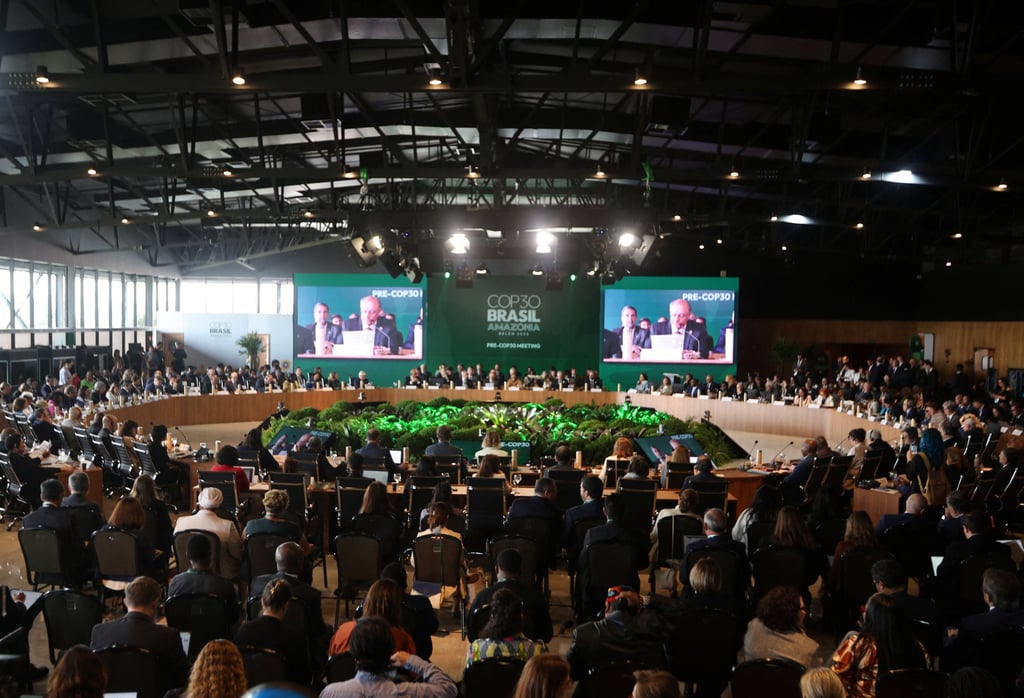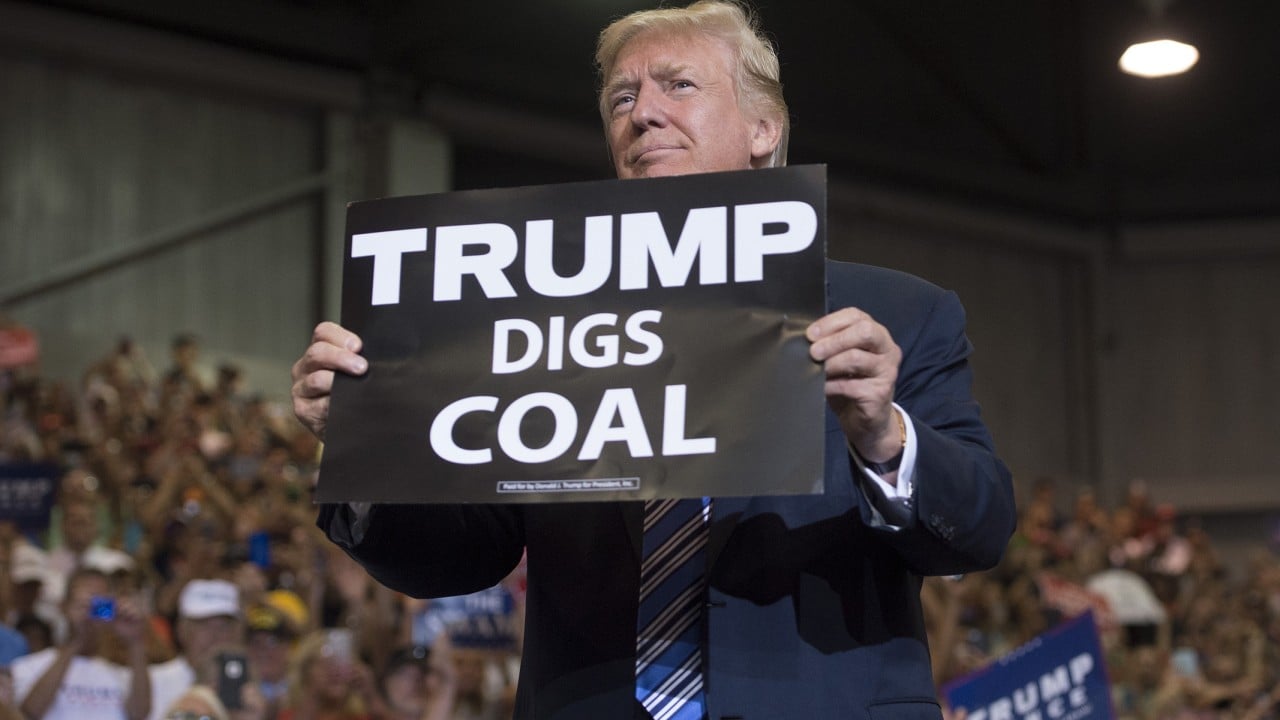As the West falters in its commitment to fighting climate change, analysts expect emerging economies led by China, India and Brazil to seize the initiative at next month’s UN climate summit.
Advertisement
The Cop30 conference, from November 10 to 21 in the Brazilian city of Belem, comes as the United States under Donald Trump remains largely disengaged from climate challenges following his successive orders to withdraw the world’s largest economy from the 2015 Paris Agreement, while Europe’s attention appears fixed on resource security amid the ongoing Russia-Ukraine war.
Analysts say the leadership vacuum left by the West presents an opportunity for rising powers from the Global South to shape the global climate agenda.

“With the climate retreat of the US and growing domestic challenges in the European Union, countries such as Brazil, India and China and other emerging economies now have an open space to shape the global climate discourse,” said Li Shuo, director of the Asia Society Policy Institute’s China Climate Hub.
“Unlike the Western powers, their approach is likely to focus on aligning development with decarbonisation.”
Emerging economies “could offer a much-needed course correction, anchoring international climate politics more firmly in shared prosperity and delivering what is most needed now: real action, not just words”, Li said.
Advertisement
The summit convenes at a critical juncture, with the world not on track to meet the most ambitious target of the Paris Agreement – limiting global warming to 1.5 degrees Celsius (2.7 degrees Fahrenheit) by the end of this century.
According to a UN report released last year, global temperatures could rise between 2.6 degrees and 2.8 degrees by 2100, even if current climate pledges are fully implemented.

